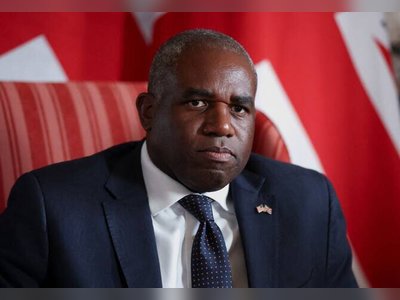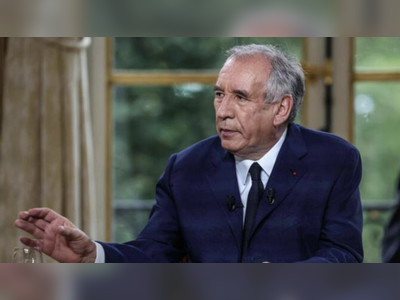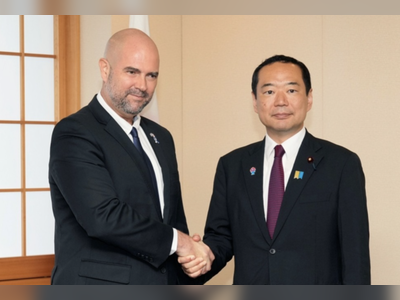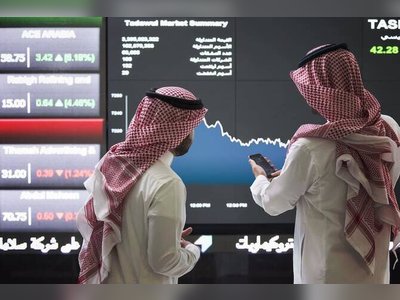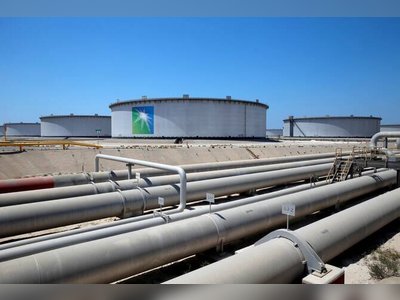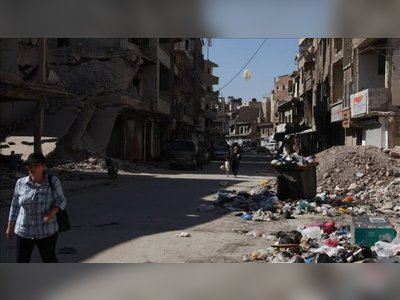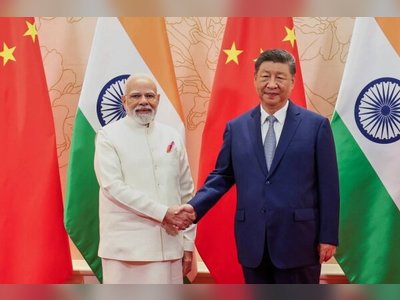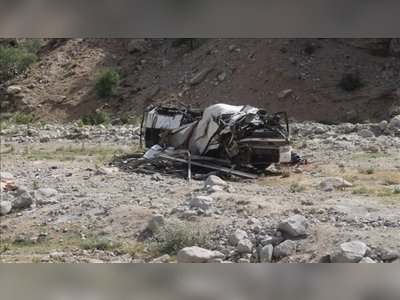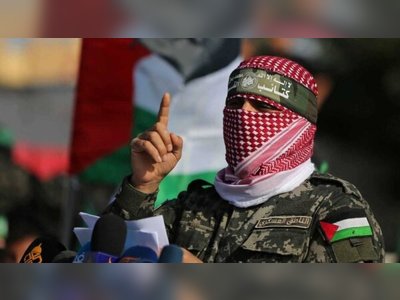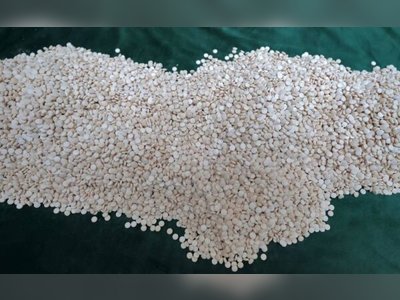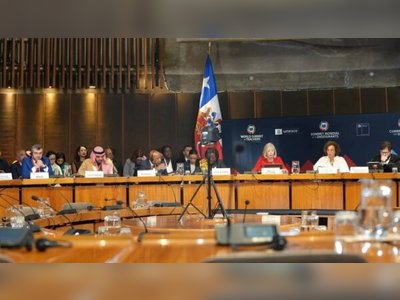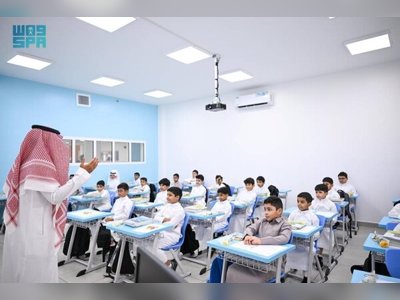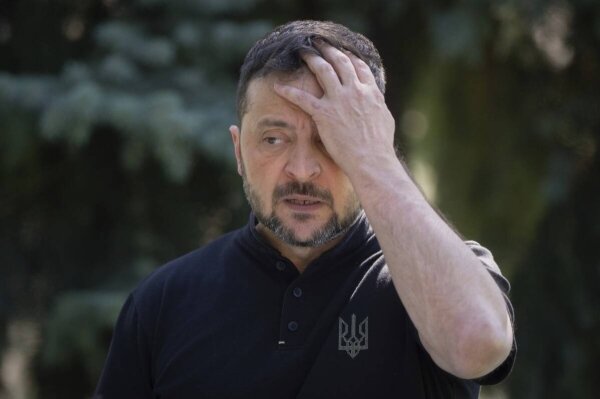
Zelenskyy Seeks Diplomatic Solutions as Ukraine Endures Continued Russian Strikes
Ukrainian President Zelenskyy aims to accelerate peace efforts through meetings with key global leaders, amidst ongoing Russian aggression and civilian casualties.
In an effort to expedite the resolution of Russia's three-year war on Ukraine, Ukrainian President Volodymyr Zelenskyy has announced plans for diplomatic engagements with U.S. President Donald Trump and European leaders next week.
These meetings are part of a strategy to find a peaceful end to hostilities, as Russian forces continue their airstrikes targeting civilian areas.
Zelenskyy expressed dissatisfaction with what he characterized as Russia's lack of constructive engagement in peace talks.
The Kremlin has thus far delayed the U.S.-backed proposal for direct negotiations between Zelenskyy and Russian President Vladimir Putin.
This delay occurs despite repeated American threats of imposing sanctions on Moscow if it continues to resist diplomatic efforts.
The conflict escalated further with a significant missile and drone assault in Kyiv this week, resulting in the deaths of at least 23 people, including four children.
In response, an emergency U.N. Security Council meeting was convened, where U.S. officials called for Russia to demonstrate its sincerity towards peace after such atrocities.
Ukrainian authorities have declared Friday a day of mourning in light of these events and cancelled public activities.
The youngest victim identified was a 2-year-old girl, with eight individuals still unaccounted for and over 50 people wounded.
Efforts to advance the diplomatic process are underway, as Zelenskyy's top adviser Andriy Yermak met in New York with Steve Witkoff, Trump’s special envoy.
Their discussion focused on preparing for the upcoming talks.
Yermak emphasized the need for genuine diplomacy and ensuring that commitments made at a previous summit are implemented.
He accused Russia of deliberately prolonging negotiations by insisting that only lower-level officials should handle preliminary discussions.
Zelenskyy dismissed this approach as "artificial," emphasizing the necessity for leaders to be directly involved in reaching agreements urgently.
The Kremlin, however, maintains that any meeting between Zelenskyy and Putin must follow the completion of expert-level groundwork.
Furthermore, Zelenskyy called for swift secondary sanctions against countries continuing to trade with Russia, as these trade relationships bolster Moscow's war economy.
He also highlighted the need for post-war security guarantees, including access to Western weapons, either through domestic production or direct assistance from Europe and the United States.
In light of ongoing events, both Zelenskyy and Trump are expected to address the conflict at the U.N. General Assembly in New York, which will convene from September 22-29.
The war's impact on global affairs has been a subject of interest and analysis, particularly concerning concerns over nuclear escalation and its potential implications for international security.
These meetings are part of a strategy to find a peaceful end to hostilities, as Russian forces continue their airstrikes targeting civilian areas.
Zelenskyy expressed dissatisfaction with what he characterized as Russia's lack of constructive engagement in peace talks.
The Kremlin has thus far delayed the U.S.-backed proposal for direct negotiations between Zelenskyy and Russian President Vladimir Putin.
This delay occurs despite repeated American threats of imposing sanctions on Moscow if it continues to resist diplomatic efforts.
The conflict escalated further with a significant missile and drone assault in Kyiv this week, resulting in the deaths of at least 23 people, including four children.
In response, an emergency U.N. Security Council meeting was convened, where U.S. officials called for Russia to demonstrate its sincerity towards peace after such atrocities.
Ukrainian authorities have declared Friday a day of mourning in light of these events and cancelled public activities.
The youngest victim identified was a 2-year-old girl, with eight individuals still unaccounted for and over 50 people wounded.
Efforts to advance the diplomatic process are underway, as Zelenskyy's top adviser Andriy Yermak met in New York with Steve Witkoff, Trump’s special envoy.
Their discussion focused on preparing for the upcoming talks.
Yermak emphasized the need for genuine diplomacy and ensuring that commitments made at a previous summit are implemented.
He accused Russia of deliberately prolonging negotiations by insisting that only lower-level officials should handle preliminary discussions.
Zelenskyy dismissed this approach as "artificial," emphasizing the necessity for leaders to be directly involved in reaching agreements urgently.
The Kremlin, however, maintains that any meeting between Zelenskyy and Putin must follow the completion of expert-level groundwork.
Furthermore, Zelenskyy called for swift secondary sanctions against countries continuing to trade with Russia, as these trade relationships bolster Moscow's war economy.
He also highlighted the need for post-war security guarantees, including access to Western weapons, either through domestic production or direct assistance from Europe and the United States.
In light of ongoing events, both Zelenskyy and Trump are expected to address the conflict at the U.N. General Assembly in New York, which will convene from September 22-29.
The war's impact on global affairs has been a subject of interest and analysis, particularly concerning concerns over nuclear escalation and its potential implications for international security.
